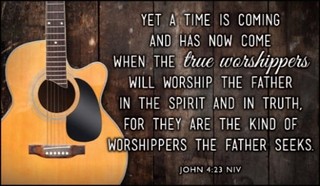- Recent Translations
- All Translations
John 4:18
Share
Settings
John 4:18 Meaning and Commentary
For thou hast had five husbands
Which she either had had lawfully, and had buried one after another; and which was no crime, and might be: the Sadducees propose a case to Christ, in which a woman is said to have had seven husbands successively, in a lawful manner, ( Matthew 22:25-28 ) . Or rather, she had had so many, and had been divorced from everyone of them, for adultery; for no other cause it should seem did the Samaritans divorce; seeing that they only received the law of Moses, and rejected, at least, many of the traditions of the elders; and since they are particularly said F25
``not to be expert in the law of marriages and divorces:''and the rather this may seem to be the case, as Dr. Lightfoot observes; since these husbands are mentioned, as well as he with whom she lived in an adulterous manner; and which suggests, that she had not lived honestly with them:
and he whom thou now hast, is not thy husband;
that is, not thy lawful husband, as the Persic version reads, and Nonnus paraphrases; being not married to him at all, though they cohabited as man and wife, when there was no such relation between them:
in that saidst thou truly;
or that which is truth: thus Christ the omniscient God, who knew her full well, and the whole of her past infamous conversation, and her present lewd and wicked way of living, exposes all unto her.
F25 T. Bab. Kiddushin, fol 76. 1.

